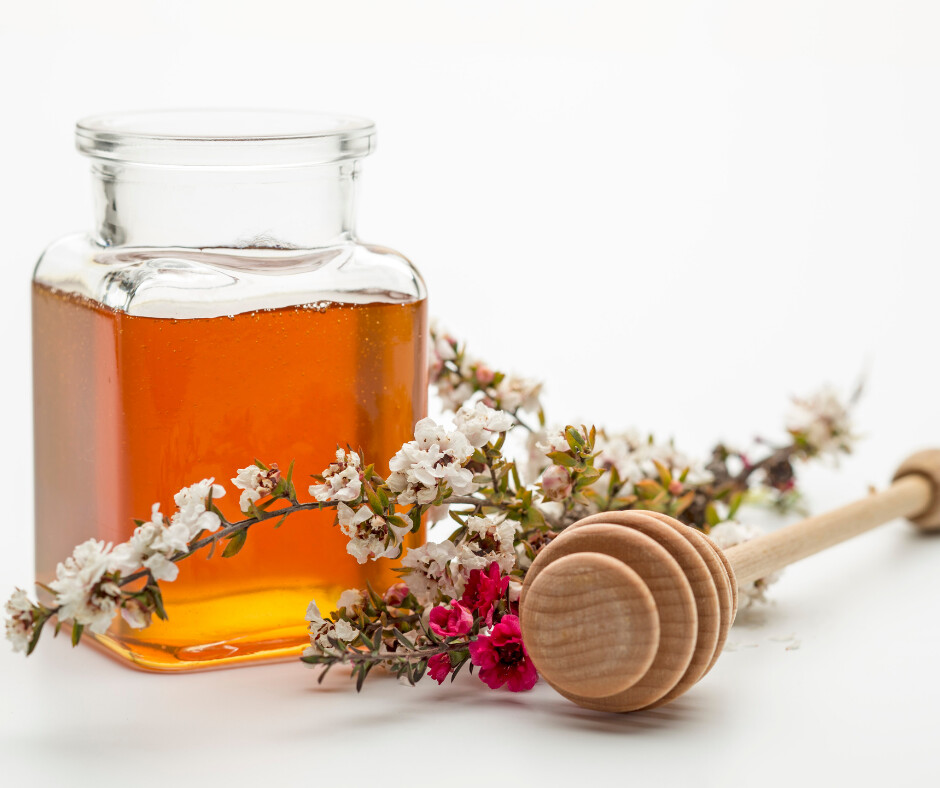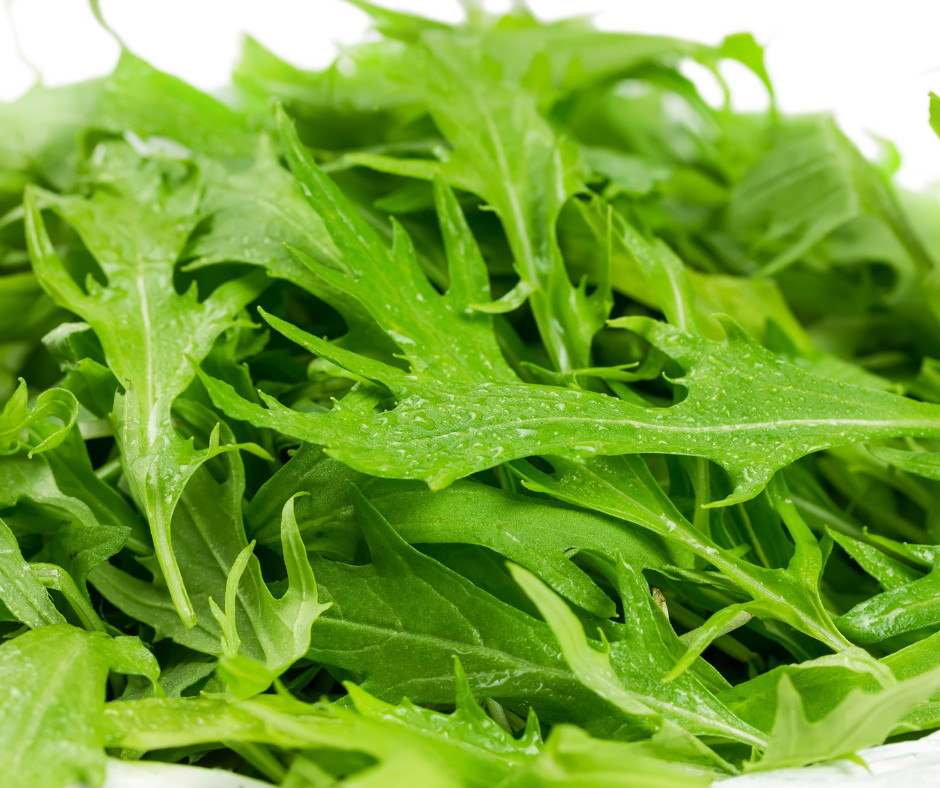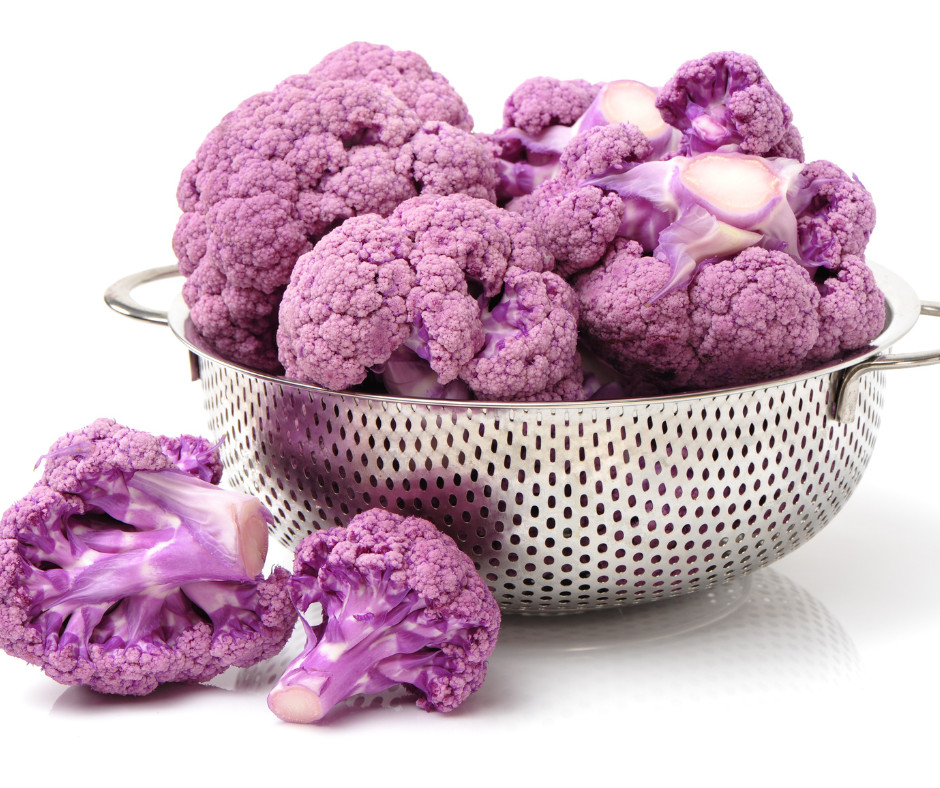
Manuka honey comes from bees that pollinate the Manuka bush that is native to New Zealand. It is highly prized for it's medicinal benefits and is not typically used as a sweetener. Manuka honey was first produced in the 1830's when bees from England were brought to New Zealand. One of the most valuable compounds in it is methylglyoxal (MGO). MGO has been studied for it's antibacterial properties. The best Manuka honey is unpasteurized and is lab tested for the amount of MGO it contains.
Wound and Skin Care
Manuka honey is both powerful, yet gentle on damaged tissues. It has powerful long lasting antibacterial activity when applied to wounds and broken skin. Because of this, Manuka infused bandages are readily available. They are thought to help promote faster, better healing while providing infection protection. Manuka honey may also help keep your skin free of bacteria, which could expedite the acne healing process. Because it has anti-inflammatory properties, it may also help decrease the inflammation associated with acne.
Oral Health
Due to its antimicrobial activity, researchers from the School of Dentistry at the University of Otago in New Zealand researched the impact of Manuka on oral health. They found that chewing or sucking on Manuka products not only caused a 35 percent decrease in plaque, but led to a 35 percent reduction in bleeding sites in people suffering from gingivitis. The calcium, zinc and phosphorus found in Manuka honey are also all important nutrients for healing teeth.
Sore Throat
If you are suffering from a sore throat, Manuka honey may help provide some relief. The MGO in it may attack any bacteria that are causing the sore throat. And it's natural anti-inflammatory properties may help soothe the soreness. A common way to use it to soothe a sore throat is in a cup of tea with lemon. It is best to add it to your tea after it has cooled a bit so that the natural enzymes and antioxidants in the honey are preserved.
Digestive Health
Because of the natural antibacterial properties found in Manuka honey, it can be great for any bacteria-related digestive disorder. The most common cause of stomach ulcers is the presence of H. pylori bacteria. Some research has shown that Manuka honey may help treat ulcers caused by the H. pylori bacteria. It may also be very beneficial at reducing acid reflux and balancing your digestive system due to it's soothing and anti-inflammatory properties.
Internal Use
If you are using Manuka honey for it's immune-boosting benefits, you can consume it straight from a spoon. The general recommendation is 1 to 2 tablespoons per day. It is the perfect companion to a cup of organic herbal tea because it adds to the medicinal benefits of the herbs in the tea.
Did this help you? If so, I'd greatly appreciate it if you commented and/or share it on social media.

Email: sharonledwards@hotmail.com
Facebook: https://www.facebook.com/sharonledwardsbiz/


















0 Comments